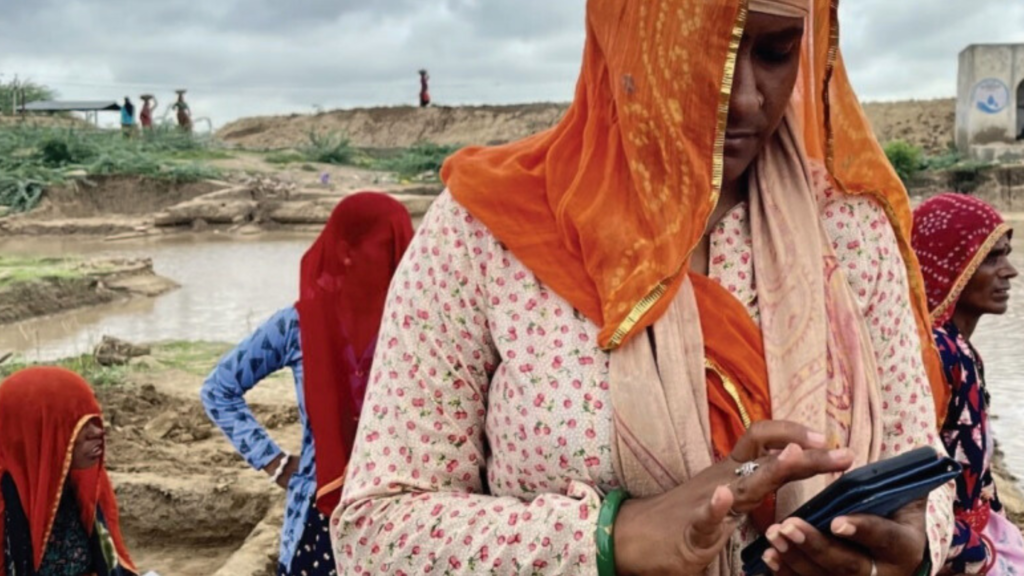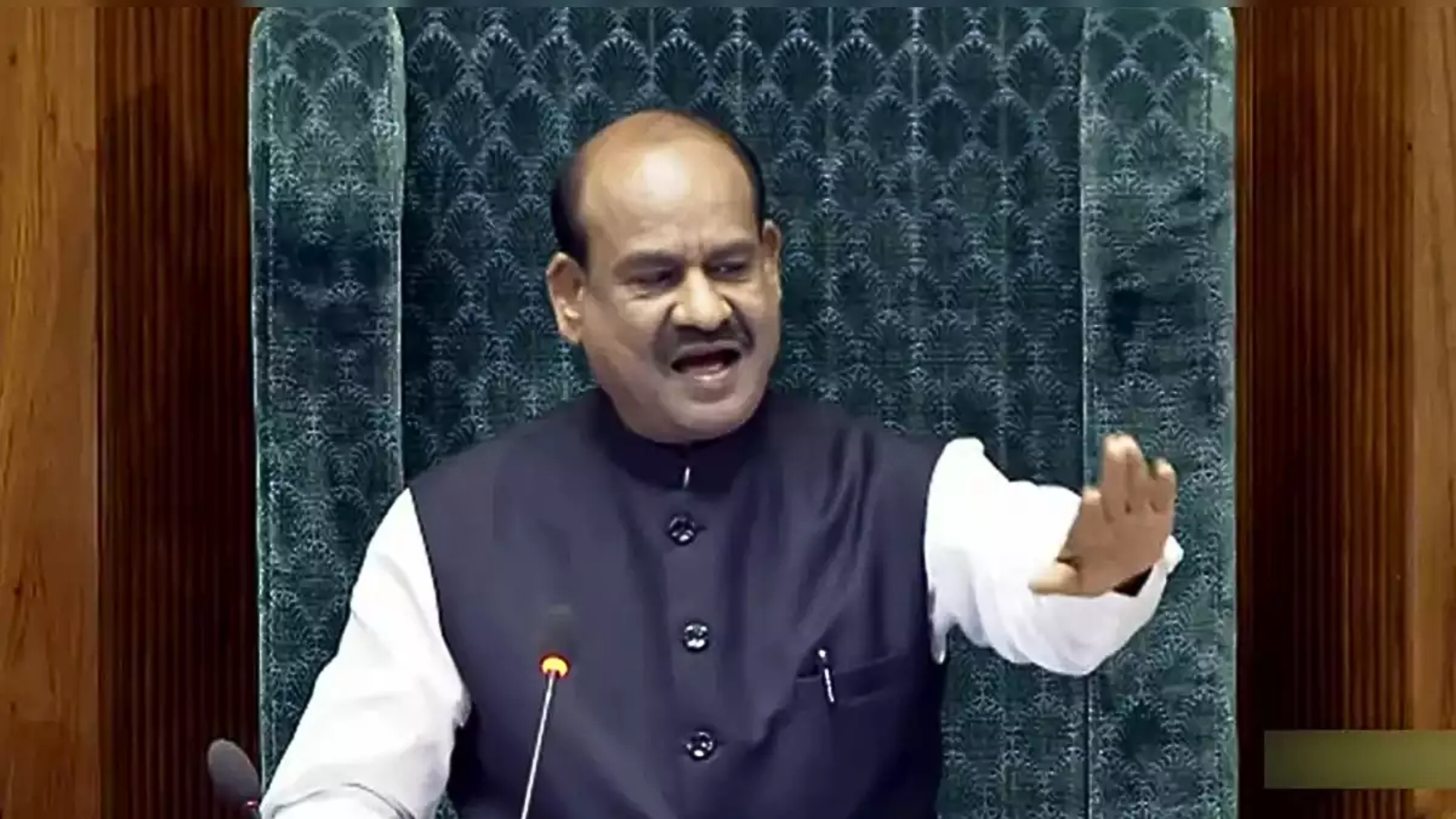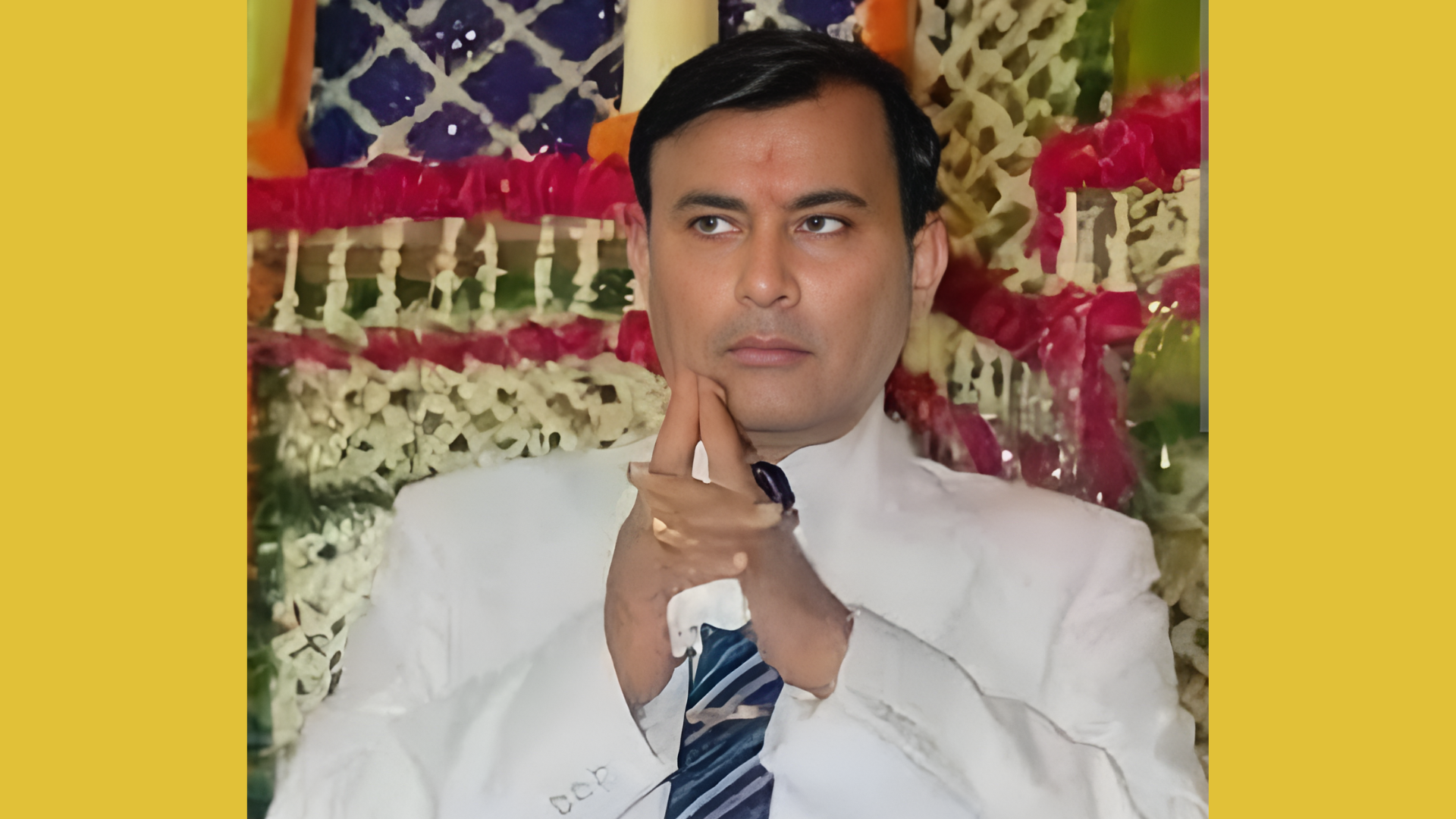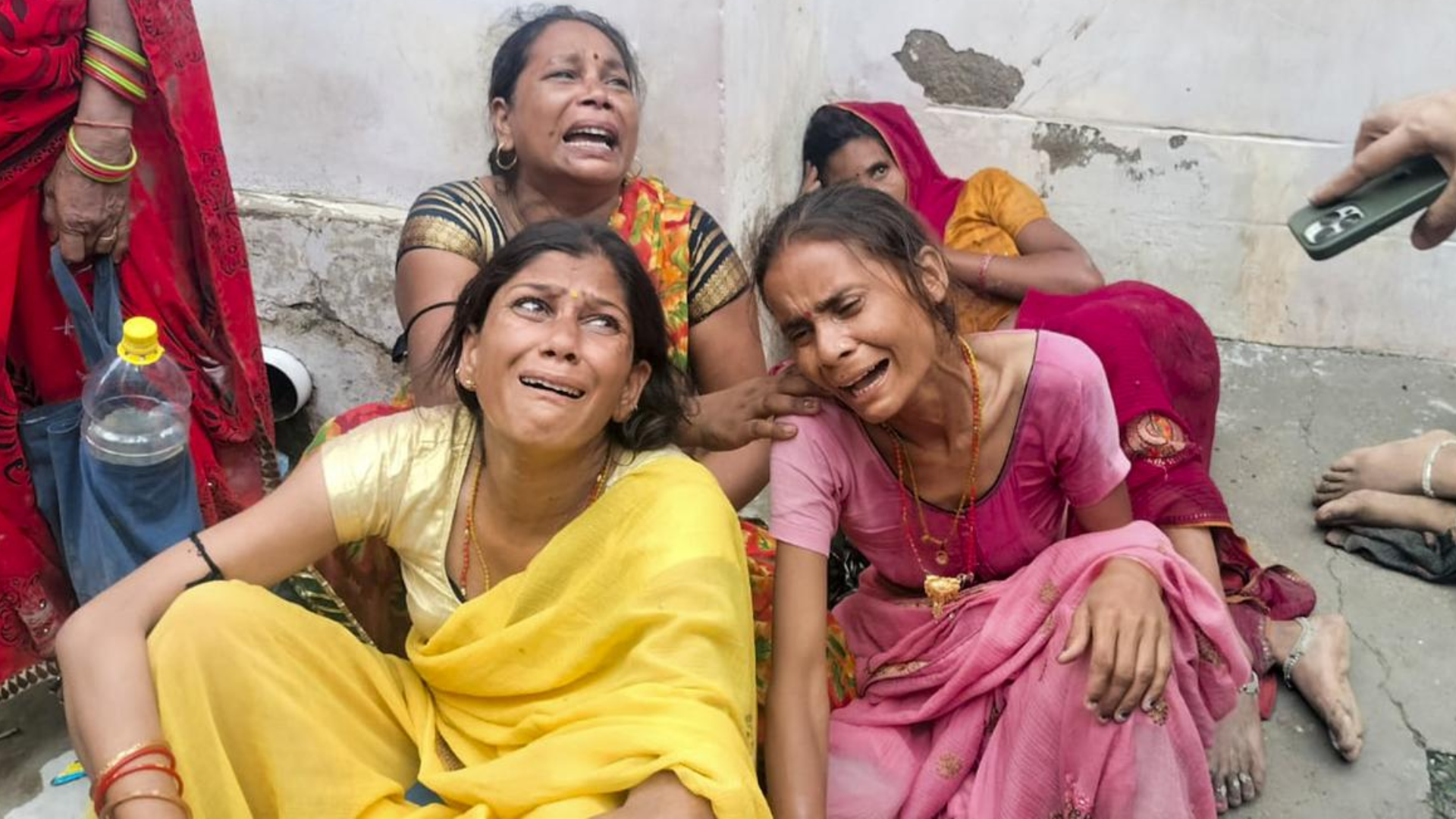India’s arbitrary internet shutdowns disproportionately hurt the poor, says joint HRW & IFF report

“India’s arbitrary internet shutdowns disproportionately hurt communities living with poverty that depend on the government’s social protection measures for food and livelihoods,” according to a news report by the Human Rights Watch (HRW) website, based on a study jointly brought out by India’s Internet Freedom Foundation, titled “No Internet Means No Work, No Pay, No Food’: Internet Shutdowns Deny Access to Basic Rights in ‘Digital India’.
The report provides a comprehensive list of internet shutdowns in the 28 states (excluding the longest 18-month shutdown in Jammu and Kashmir, as it is a union territory) in the three years since the Supreme Court’s landmark judgment in January 2020, which highlighted the importance of internet access for protecting the fundamental rights guaranteed by the Constitution.
It also says that denying access to the internet has become a default policing tactic, including to shut down protests or criticism of the government, and even to prevent cheating in school examinations, the prime example cited for the former being the 18-month-long shutdown in the union territory of Jammu and Kashmir following the abrogation of Article 370, which was India’s longest-ever internet shutdown.
“In the age of ‘Digital India,’ where the government has pushed to make internet fundamental to every aspect of life, the authorities instead use internet shutdowns as a default policing measure,” said Jayshree Bajoria, associate Asia director at Human Rights Watch, quoted in the HRW news report. “Cutting off access to the internet should be the absolute last resort with safeguards to ensure people aren’t deprived of their livelihoods and basic rights.”
Payments of MGNREGA workers, getting ration under the National Food Security Act (which needs verification of Aadhaar data), the work of common service centres in villages which help with basic banking, paying utility bills, registering for Aadhaar or other forms of government identification and other work, all get affected when internet is shut down.
In a landmark judgment delivered by the Supreme Court of India in January 2020, regarding two cases, Anuradha Bhasin vs Union of India and Ghulam Nabi Azad vs Union of India, it was held that suspension of internet services is a “drastic measure” that must be considered only if an “alternate less intrusive remedy“ does not exist.
Out of the 18 states that shut down the internet between January 10, 2020 and December 31, 2022, at least 11—Rajasthan, Uttar Pradesh, Bengal, Maharashtra, Jharkhand, Manipur, Andhra Pradesh, Chhattisgarh, Madhya Pradesh, Odisha, and Telangana—did not publish suspension orders as directed by the Supreme Court.
In the other seven states, even if orders were published, the authorities often failed to justify the apprehension of risk to public safety.
The Rajasthan, Arunachal Pradesh, Bengal and Assam governments shut down the internet to prevent cheating in examinations, which, the report says, was clearly an unnecessary and disproportionate response.
There is little evidence to show that internet shutdowns have been effective in maintaining law and order.
In 2021, when the Parliamentary Standing Committee on Communications and Information Technology asked the Ministry of Home Affairs to present evidence that “Internet shutdown leads to better law and order outcomes with reduced risk of violence or hate speech”, the government told the committee it had not yet conducted an official assessment on it.
Arbitrary internet shutdowns also fall foul of international law, to which India is a signatory.
The Indian authorities, says the report, invoke specific laws, such as the Telegraph Act and the Telecom Suspension Rules, to order internet shutdowns. However, these laws are overly broad and fail to meet the requirements of Article 19(3) of the International Covenant on Civil and Political Rights (ICCPR), to which India is a party, which says, among other things, that restrictions on the right to freedom of expression are only permissible when they are a necessary and proportionate response to a specified national security or other threat, but they must also not be discriminatory.







